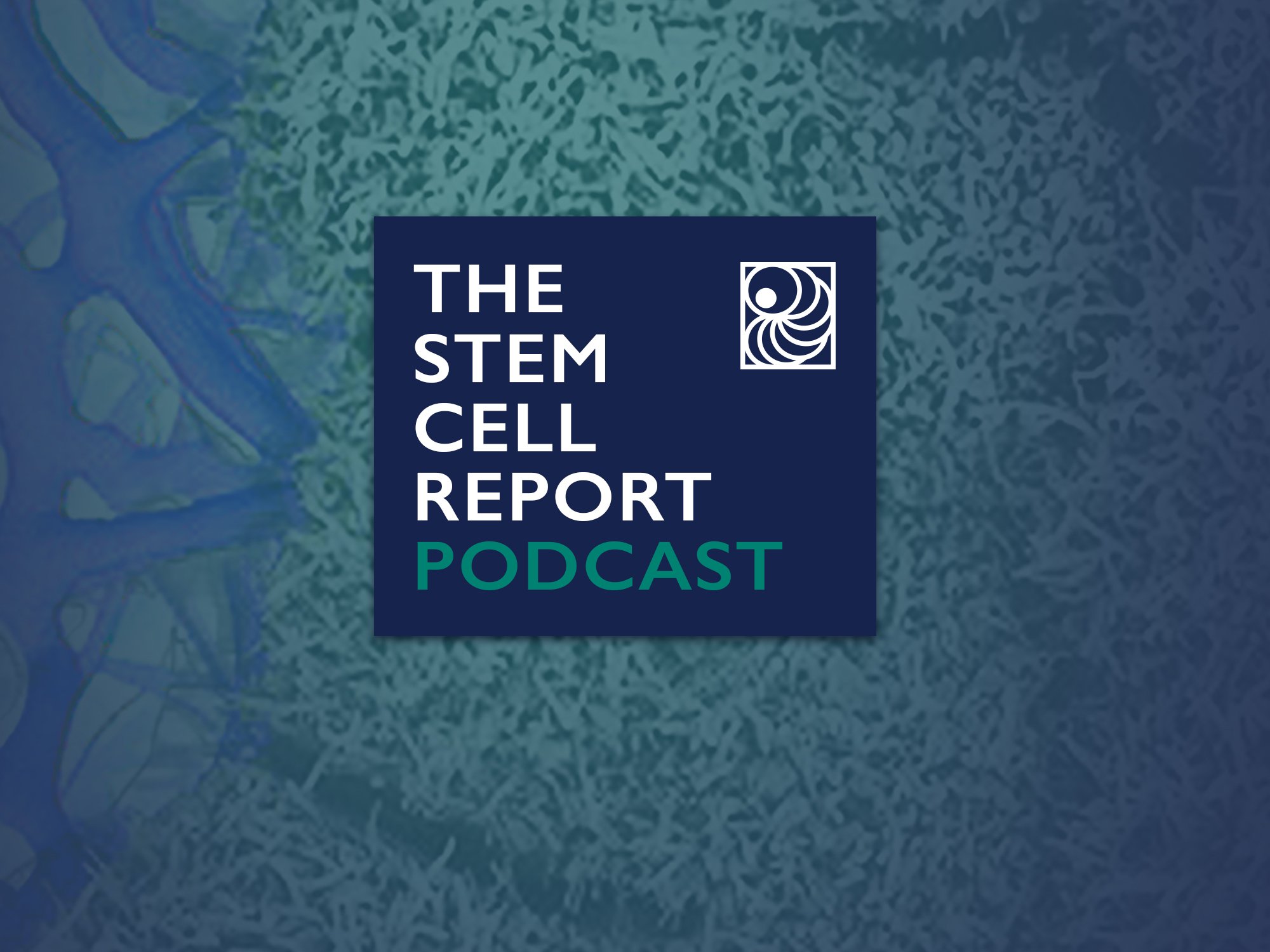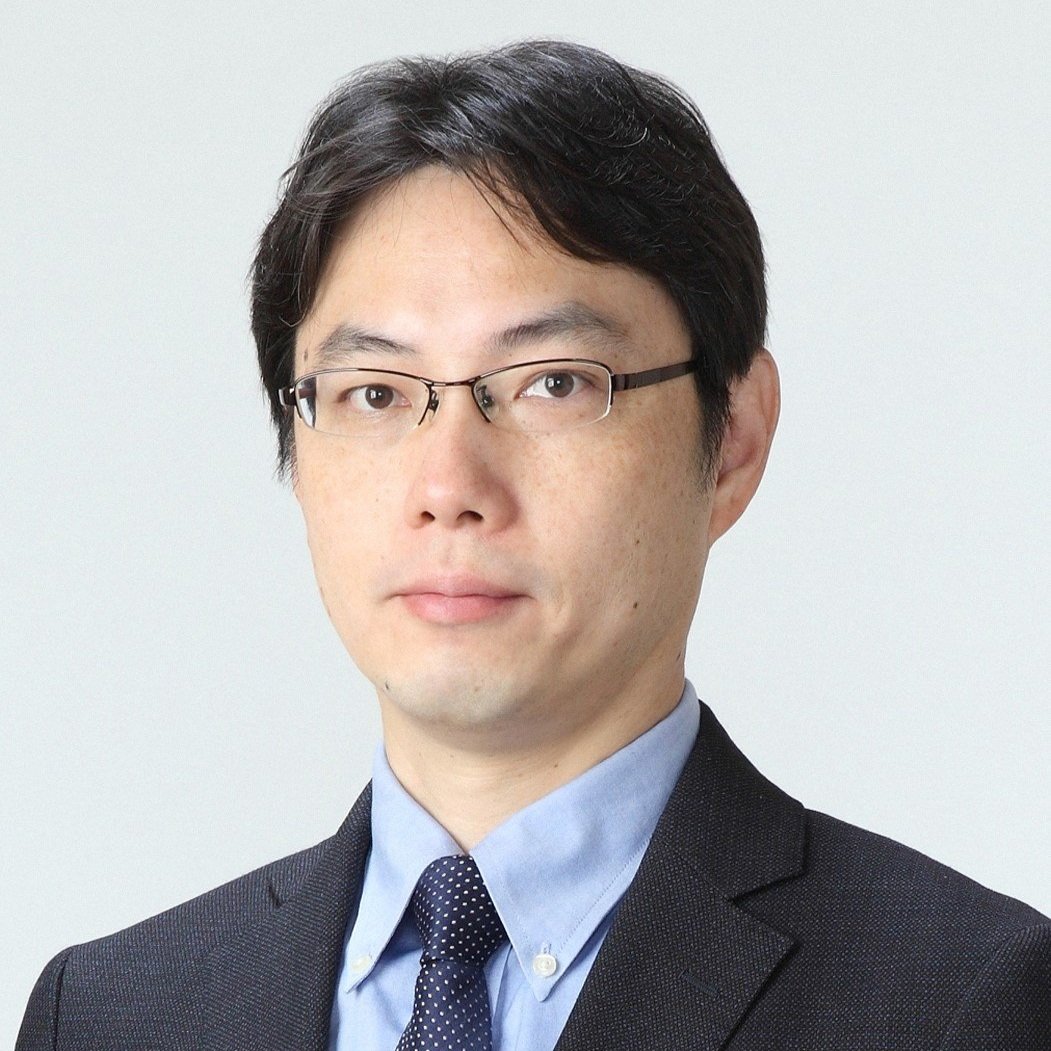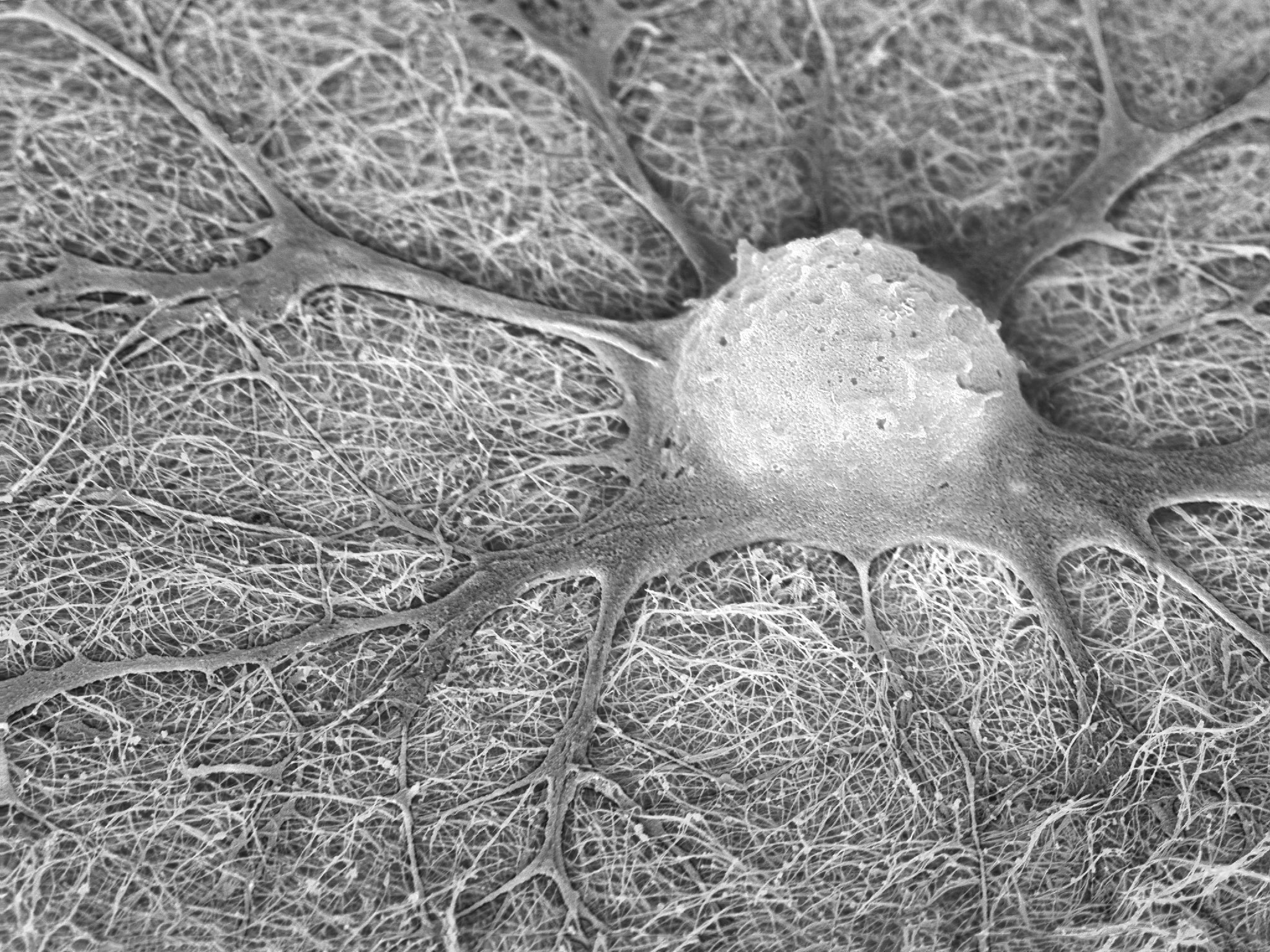ISSCR News

New Podcast Episode. Guidelines for Managing and Using the Digital Phenotypes of Pluripotent Stem Cell Lines
The ability of human pluripotent and somatic stem cells to differentiate into multiple cell types of the human body makes them uniquely useful to model human development and disease. As a result, these cells are shared, edited, and differentiated by laboratories across the world for basic research, clinical translation, and commercial applications. Large and genotypically diverse collections of pluripotent stem cells are being generated to support large cohort-scale research into conditions such as Parkinson’s disease and amyotrophic lateral sclerosis, among many others. However, information about these cells, their derivatives, and the resulting data can be difficult to track due to a myriad of factors including poor naming practices, siloed datasets, and incomplete information on experimental practices in the published literature. As a result, the ability to maximize the utility of these cells and data from them is limited, and the rigor and reproducibility of the research and its application may be seriously compromised. Our guests today, who were part of the ISSCR Task Force that developed the Standards for the Use of Human Stem Cells in Research, will discuss in detail a framework to manage these issues using stem cell registries.

Member Spotlight: Ryuichi Okamoto, MD, PhD
[I value] learning new findings or techniques from other groups [and] connecting with peers of other countries.

New Podcast Episode. PSC Developmental Bias: The Mechanism and the Variation in Human Neural Development
The guests on this episode of The Stem Cell Report studied functional variation in human PSC lines as they progress through neurectoderm versus mesendoderm lineages and fore- versus hind-brain development. They will discuss the origin and consequences of inter-individual variation in the early events orchestrating human neural development, the extent to which such variation might impact on adult health and disease, and how it might be exploited in stem cell therapy.

Member Spotlight: Kirsten Sadler (Edepli), PhD
I love learning, and I am intrinsically curious. By far the most rewarding part of the job is engaging in scientific discussions about data with my colleagues and members of my team.

New Podcast Episode. Aging, Stem Cells, and Biological Clocks
In this episode of The Stem Cell Report, Martin Pera is joined by Konrad Hochedlinger, PhD, and Rebecca Gorelov, PhD, to discuss their recent publication in Stem Cell Reports. Epigenetic clocks are promising biomarkers of aging, but little is known about their cellular basis.

Receive ISSCR Press Releases
Sign up be a part of ISSCR’s media list. Media Contact: Kym Kilbourne, Director of Media and Strategic Communications
Subscribe to ISSCR News.
Each month, ISSCR delivers scientific, policy, and community to your inbox .
